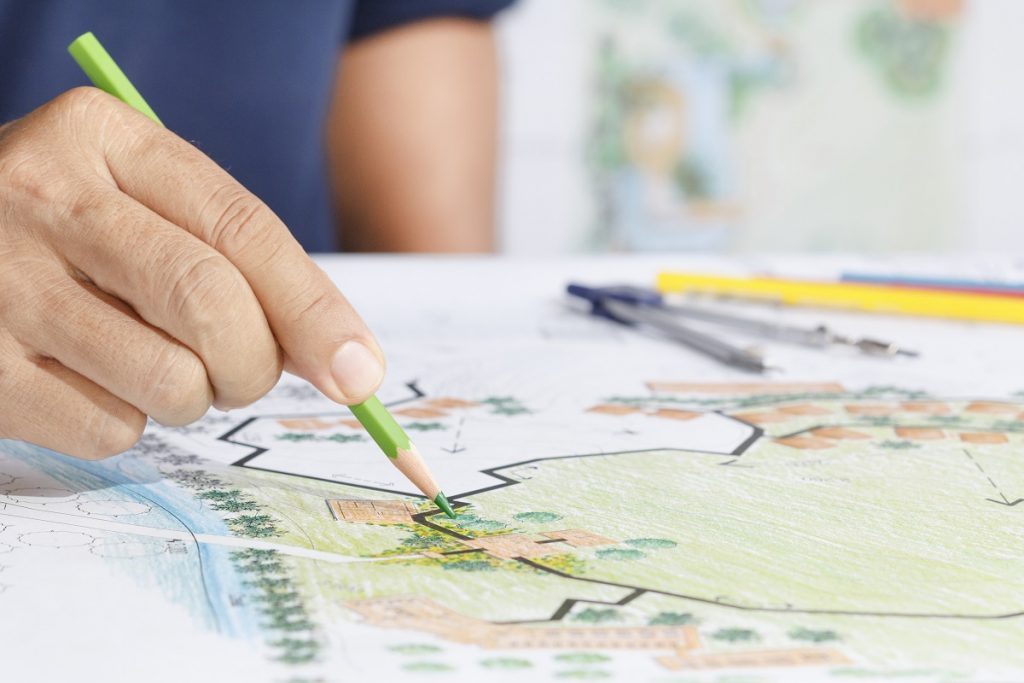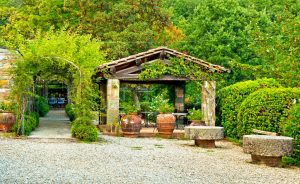When talking about landscape, most people think about flowers, trees, and fresh grass. However, whether for commercial or residential purposes, landscaping is a combination of hardscape and softscape elements. What are the differences between the two?
Hardscape elements include patios, walkways, and driveways. These are hard-wearing materials usually made of stone, bricks, or wood. On the other hand, softscape elements are the horticultural aspects of your lawn. They include plants, trees, and even the soil.
A balance between the two elements is especially important for commercial establishments that deal with hospitality. For instance, establishments in tourism-based community Rehoboth Beach should reflect the area’s image as a top tourism destination in the country. Companies that provide commercial properties in Dover with landscaping services, such as U.S. Lawns, recommend adding these hardscape elements in your exterior design if you’re running a hotel:
Navigable Driveways and Walkways
The last thing you want to do is to leave a bad first impression on your guests. You can avoid this by keeping your driveway navigable, simple, yet stylish. The visual focus of the track should also lead your guests to where they will go next: the hotel entrance. Consider having a circular driveway, and at its center, you can place flower beds or a fountain.
As for walkways, it’s ideal for commercial establishments to use permeable pavers as construction materials. These pavers help reduce stormwater runoff. Instead of collecting on the surface, water goes into the gaps of the pavers. As a hotel owner or manager, you don’t want puddles of water to greet your guests during rainy days. Besides, runoff can result in a slippery floor, which can lead to accidents.
Water Features
As mentioned, you can place water features, like fountains, at the center of a circular driveway. In doing so, you are maximizing your grounds space. Apart from this, fountains also offer many benefits, whether they are made of stone, ceramic, or clay pot.
In Feng Shui beliefs, a small, indoor water fountain attracts a positive chi. For residential properties, water fountains bring wealth and prosperity because of the energy of smooth-flowing water. Meanwhile, for hotels, fountains are a great architectural piece that adds a touch of luxury to the place. Additionally, the calming sound of running water can relax your guests while they are strolling outdoors, lounging near the fountain, or just passing by.
Lighting Features

Good lighting in your lobby or hotel rooms is important for your guests’ convenience. Good lighting, however, is just as important outdoors. For one, it is a safety measure. An adequately illuminated exterior ground reduces risks of guests falling or tripping on an obstacle during night time. You can add street lamps around the area to decrease the likelihood of such accidents.
A sophisticated exterior lighting can help your hotel stand out from neighboring establishments, as well. When placed on the ground, light fixtures can lead your guests’ eyes up for a better and complete view of the hotel’s exterior features.
Many property owners tend to associate landscaping to flora and fauna of the place alone. But landscaping is more than that – it’s the art of integrating many elements to create a beautiful space while maintaining a balance between living things and structural objects. When well-balanced, these two elements can create an aesthetically-pleasing exterior atmosphere in your commercial property.






